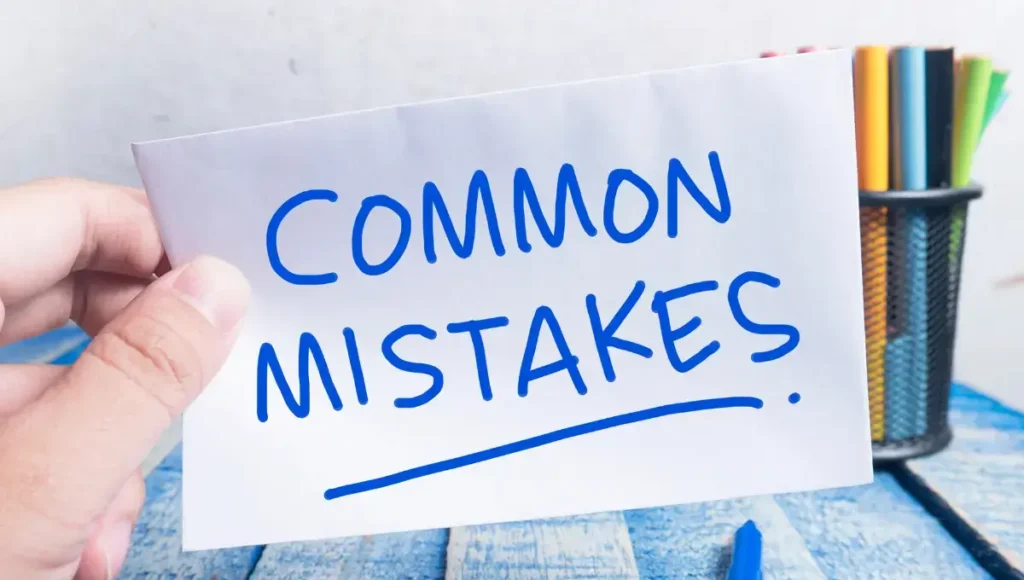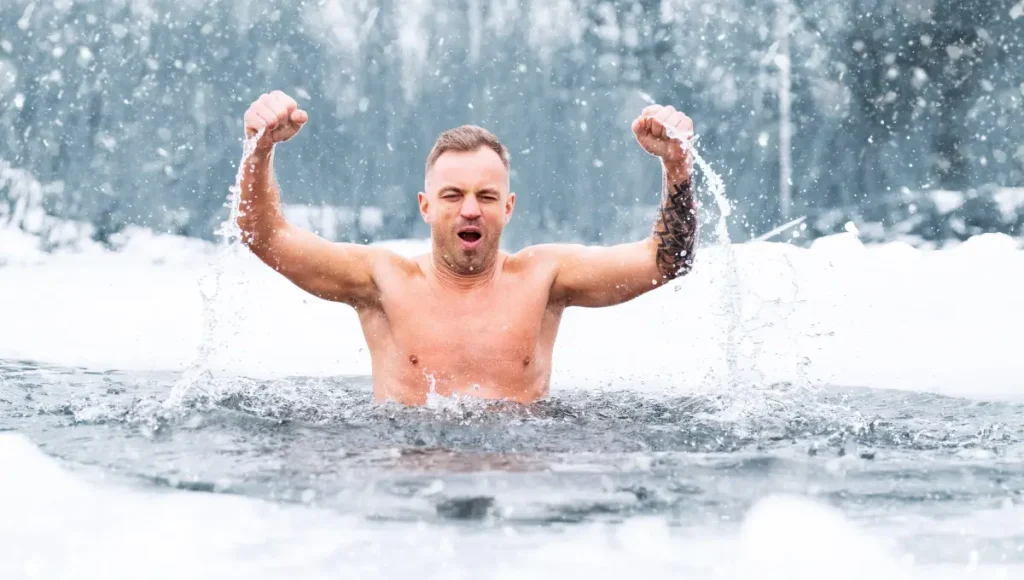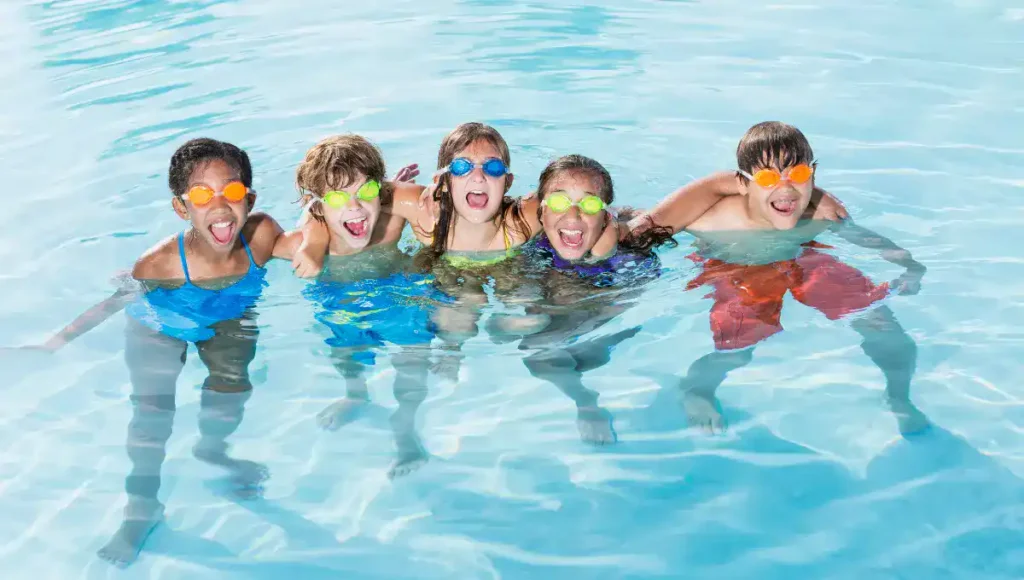How can you be safe in a swimming pool? To stay safe in a swimming pool, follow safety guidelines, use proper equipment, and prioritize adult supervision.
Swimming is a fun family activity, but it can be risky without proper planning. Every ten minutes, one drowns to death in the US, with children making up one out of every five fatalities. National Water Safety Month in May reminds parents of year-round water safety.
Teaching children the fundamentals of water safety ensures a secure and enjoyable swimming experience.
Swimming pools are a source of joy and relaxation for families, but safety must always be a priority. In this guide, we’ll delve into essential tips to create a secure pool environment for your loved ones.
- 📃 List of 11 best Swimming Pool Safety Tips for Families
- 1. Never Swim Alone
- 2. Keep an eye on children in the water
- 3. Don’t Play Breath-Holding Games
- 4. Always Wear a Life Vest
- 5. Refrain from diving in to save a friend
- 6. Dip Your Feet Into the Water
- 7. Stay Away From Pool Drains
- 8. Stay Within Designated Swim Areas
- 9. Avoid Using Alcohol
- 10. Learn CPR
- 11. Get an expert to train you
- 🙋🏻♀️ FAQs For Swimming Pool Safety Tips for Families
- 😇 Conclusion
- 🗨️ Share Your Thoughts About Family-Friendly Swimming Pool Safety Advice With Us In The Comments Below.
📃 List of 11 best Swimming Pool Safety Tips for Families
A person’s conduct in and around the water is included in aquatic safety. Teach your children these 11 fundamental water safety tips before bringing them to the lakeshore, beach, or swimming pool to ensure a fun and safe experience.
1. Never Swim Alone
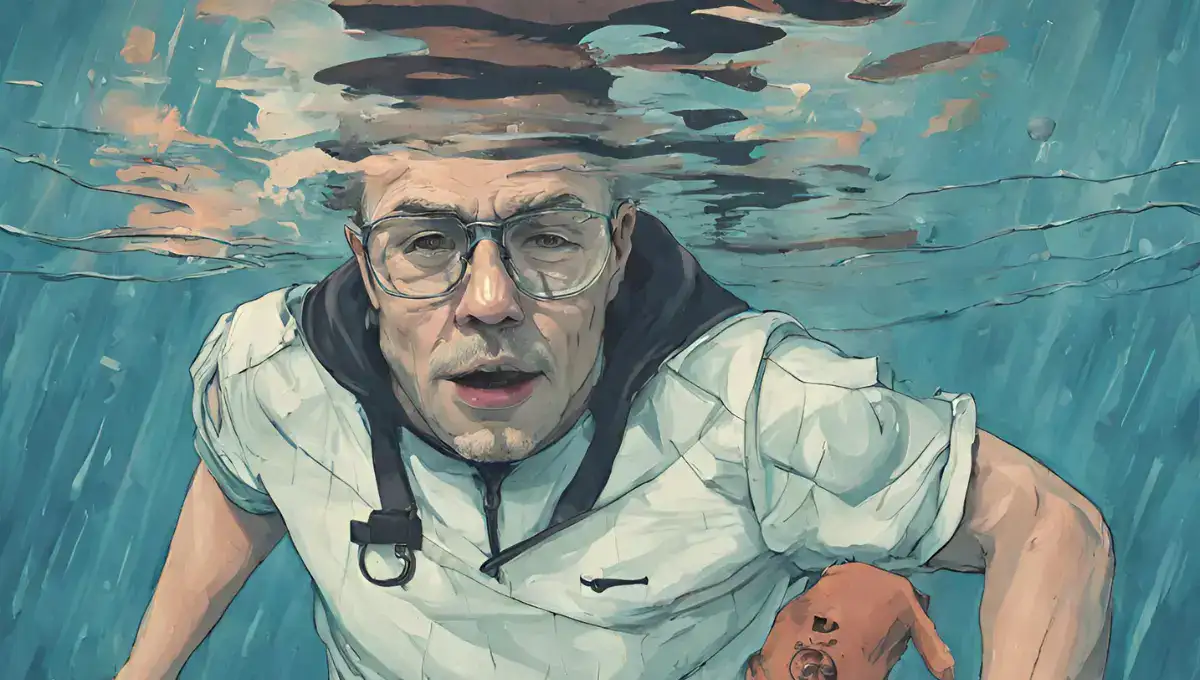
Swimming should only happen when a grown-up is around. Lifeguards do more than watch swimmers—they also keep an eye on the water for safety issues and emergencies. They’re trained to act quickly in emergencies.
A good rule is to use the buddy system when swimming. This is a helpful guideline for both kids and grown-ups. It means always having a friend or sibling with you while swimming.
This way, you can look out for each other in case your parents aren’t there. Swimming with a buddy is not only more fun but also safer in case something goes wrong.
2. Keep an eye on children in the water
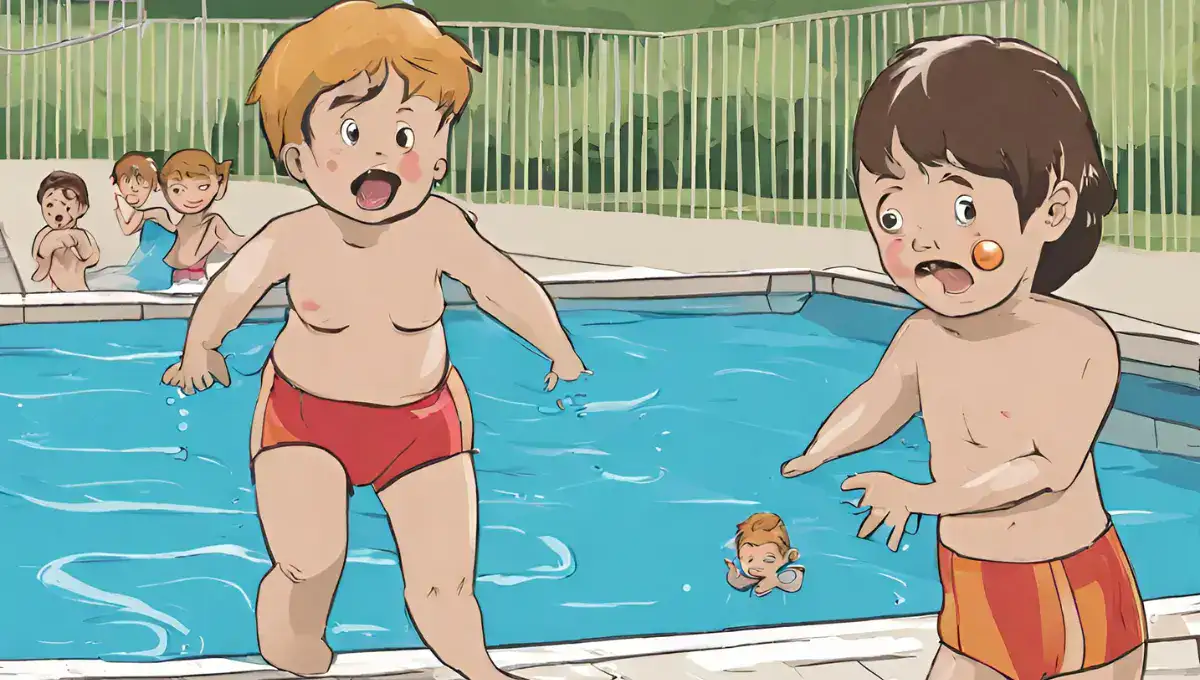
We know that caregivers also need some time off. However, it’s crucial to be attentive when your kids are in the water. For little kids, it’s a good rule to always stay close enough to touch them.
This rule applies whether they’re in the ocean, a lake, a bathtub, or a pool. Even older kids need supervision because they might try risky moves like tricks and dives.
The best way to keep an eye on your kids while they swim is to put away your phone and spend time with them.
If there are other adults around, take turns watching the pool so everyone gets a chance to relax. Working together is the best way to avoid accidents and keep your kids safe.
3. Don’t Play Breath-Holding Games
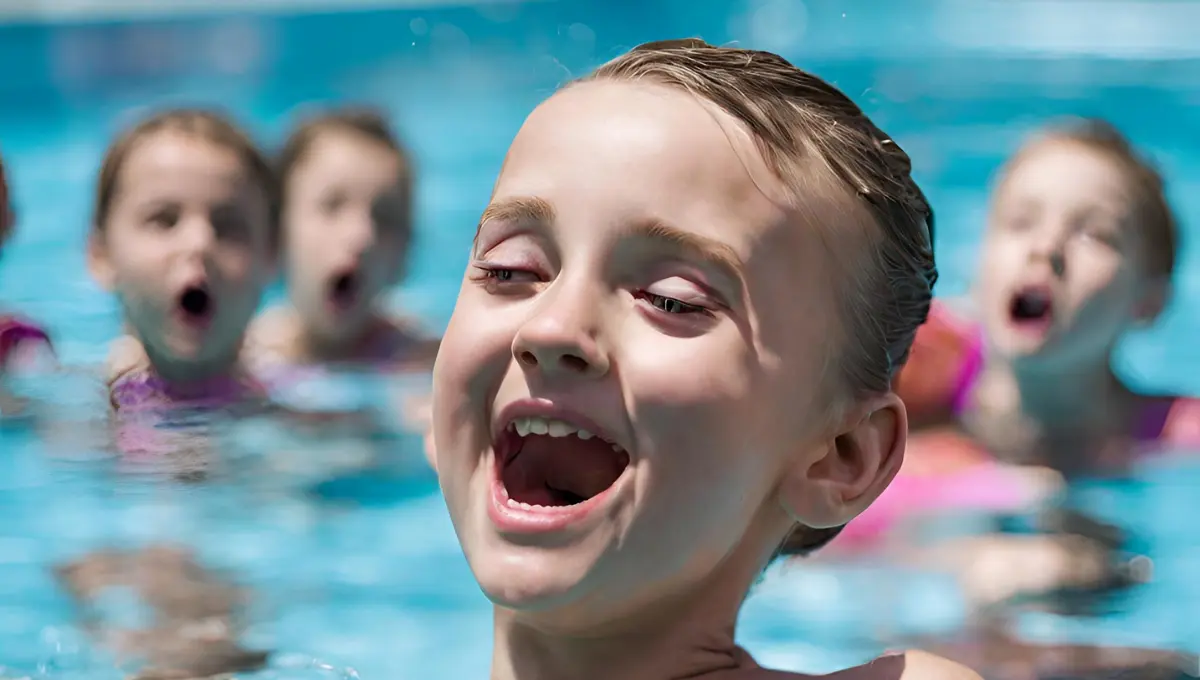
Kids should avoid holding their breath for a long time while swimming because it raises the chances of drowning and other dangers.
It’s important to make sure kids understand that games like holding their breath for a long time or similar contests can be risky and shouldn’t be part of any water activities.
If a swimmer holds their breath for too long or breathes too quickly and deeply before going underwater, they’re more likely to pass out.
This is especially important for competitive swimmers who should learn and practice proper breathing techniques to avoid problems during practices and competitions.
4. Always Wear a Life Vest
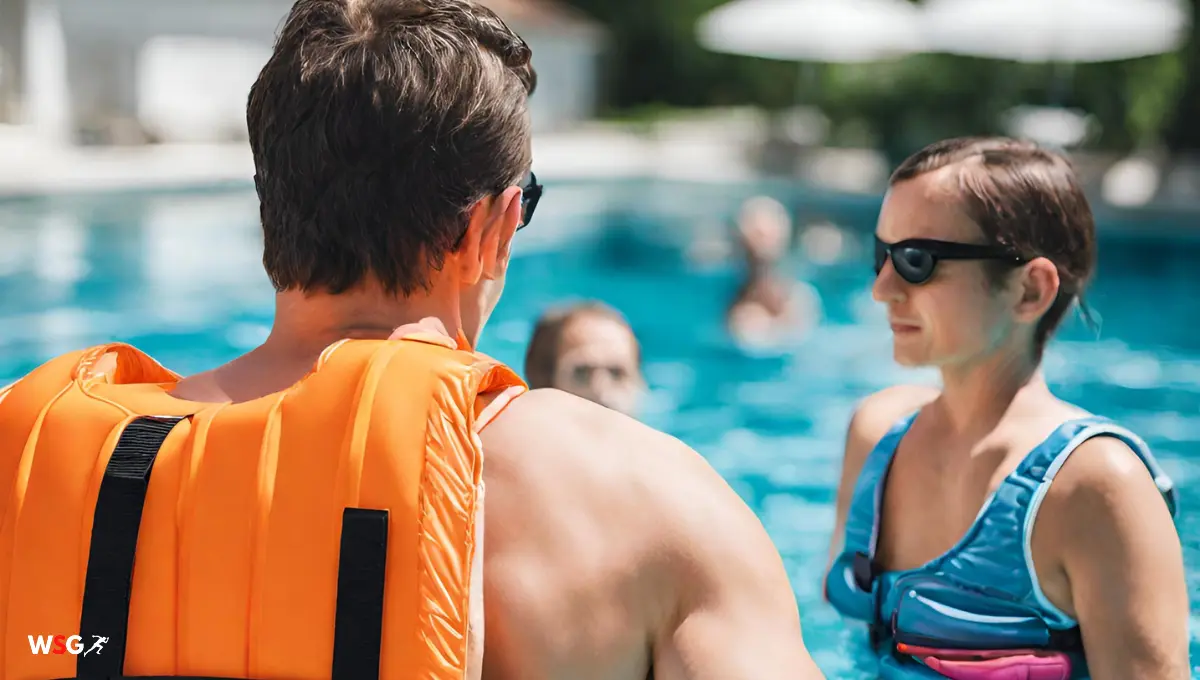
Always wear a life jacket with Coast Guard certification when you’re near water, especially if you’re a young kid or not a strong swimmer.
While products like water wings, floaties, and pool noodles claim to keep kids afloat, they can’t replace life jackets or other safety gear during a real emergency. Only use these items when a responsible adult, like a parent, is around to watch over the child.
Remember, wearing a life jacket or any flotation device doesn’t replace following other water safety rules. Just relying on life jackets alone is not enough to stay safe around water.
5. Refrain from diving in to save a friend
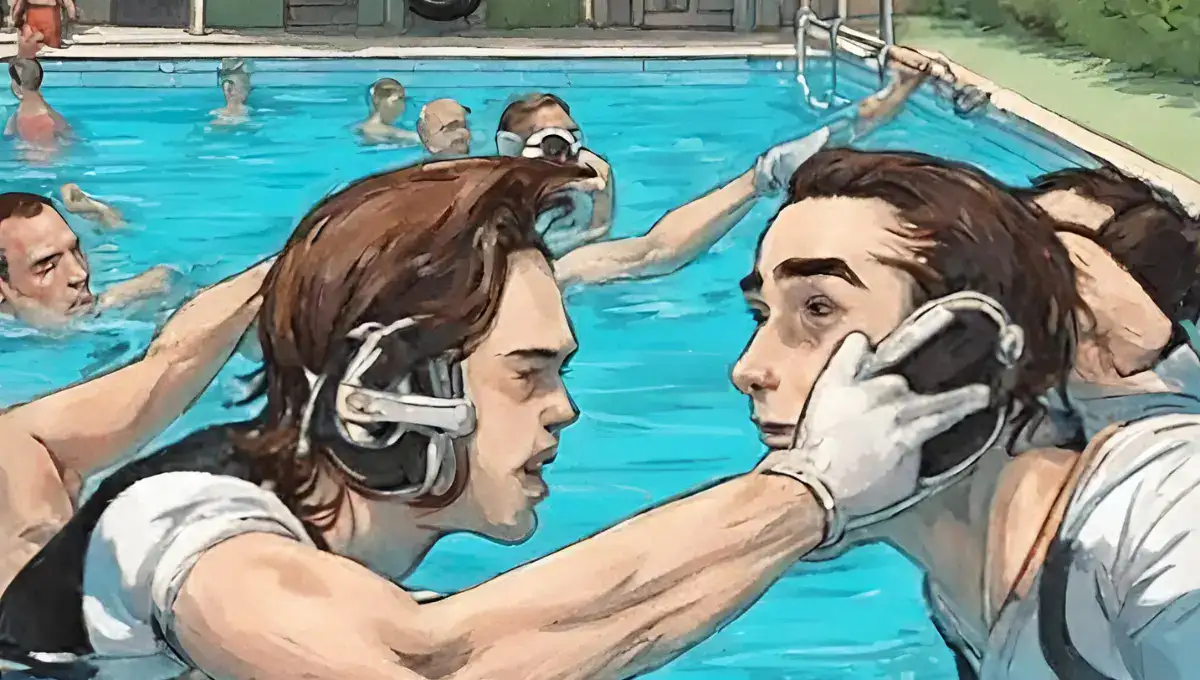
If a friend is struggling in the water, a kid might want to help, but jumping in can be risky for both. The Y’s Safety Around Water program recommends the “reach, throw, don’t go” method. Instead of getting in the water, use a long object to reach out and pull the struggling person to safety. This way, children can help a friend without putting themselves in danger.
6. Dip Your Feet Into the Water
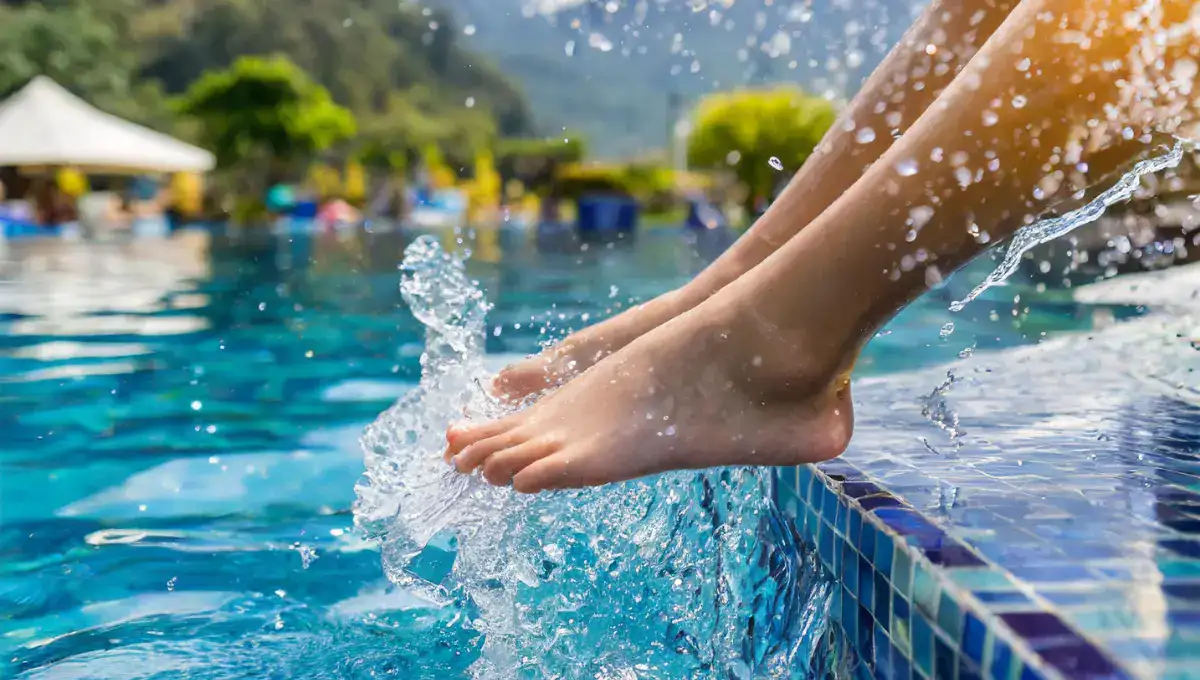
Kids who dive head-first into shallow water can get seriously hurt. It’s important to teach your child how to get in and out of the pool safely.
If they want to dive, show them the right way to do it and point out the areas where it’s allowed. Never let them dive if the pool doesn’t have a specific area marked for it, regardless of how deep the water is.
7. Stay Away From Pool Drains
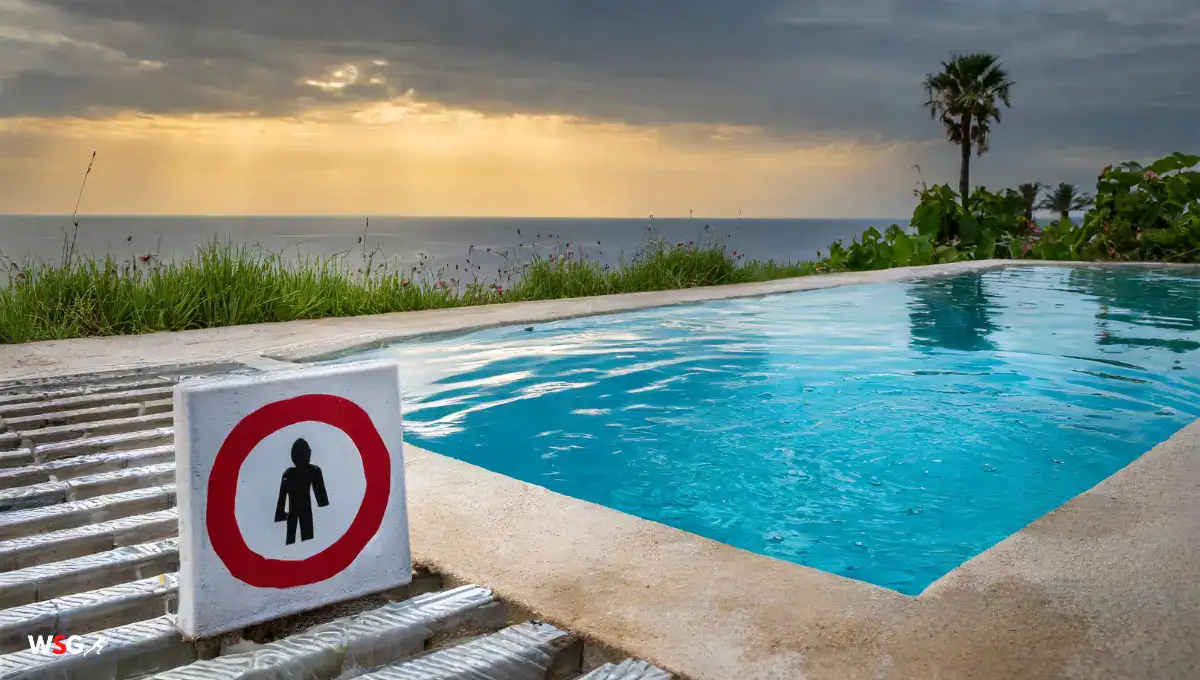
Before your child begins playing in the pool, it’s important to show them what the pool drain looks like and stress the importance of staying away from it.
Some children have drowned or faced serious injuries because their hair, swimsuits, or limbs got stuck in broken or damaged drains.
Teach kids to steer clear of these areas in swimming pools, especially if a drain is missing a cover or seems damaged. If you notice a strange-looking drain, report it immediately.
8. Stay Within Designated Swim Areas
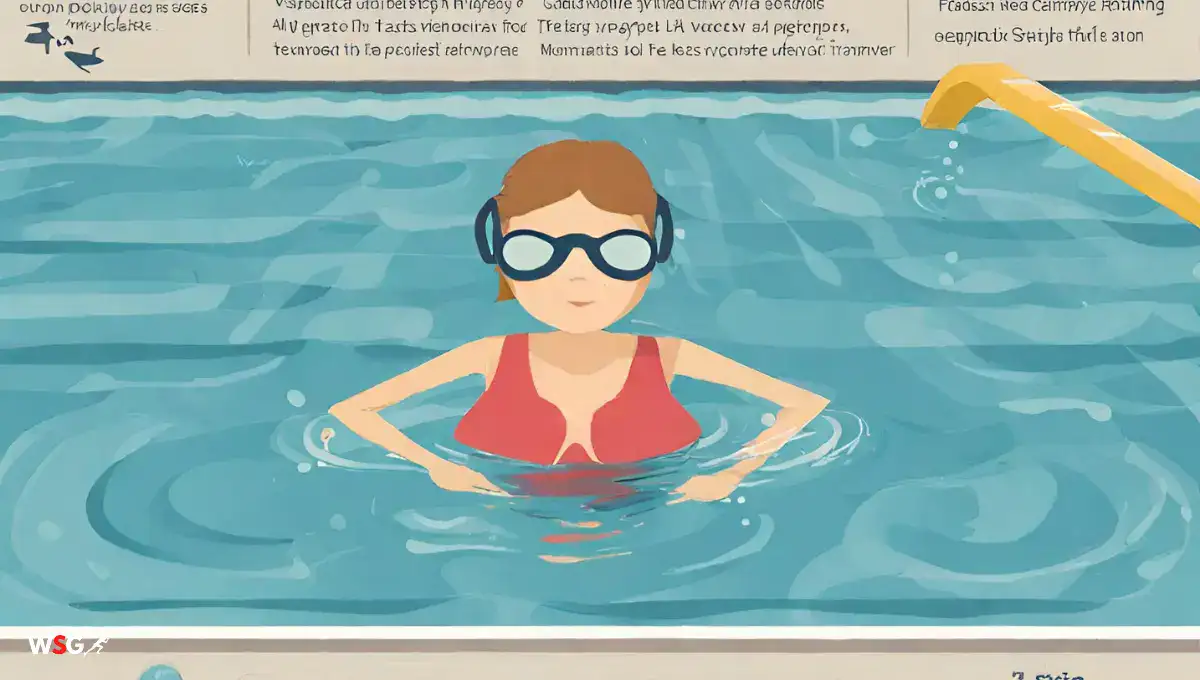
To stay safe while swimming, it’s crucial to stay in the designated swim areas, whether you’re in a lake, ocean, or pool.
Teach kids about ropes and why people set boundaries in swimming pools. Never push a child to swim in water deeper than they can handle, and always follow the rules set by local lifeguards, especially when swimming in a lake or the ocean.
Lifeguards know the water well and, in the case of lakes and oceans, have enough understanding of its daily changes to give smart and up-to-date safety advice.
9. Avoid Using Alcohol

This advice is important for most parents and older kids. Having conversations with kids about drinking becomes more crucial as they grow up.
Alcohol affects balance, coordination, and judgment. It can impact a person’s ability to swim and even lead to a drop in body temperature.
Ensure your teens understand the risks of combining alcohol with water activities, as they often see depictions of teens and young people drinking by the pool in the media.
Parents should also be cautious. Never drink alcohol while supervising your kids in the pool. Aside from being distracting, it might hinder your ability to respond appropriately in case of an emergency.
10. Learn CPR
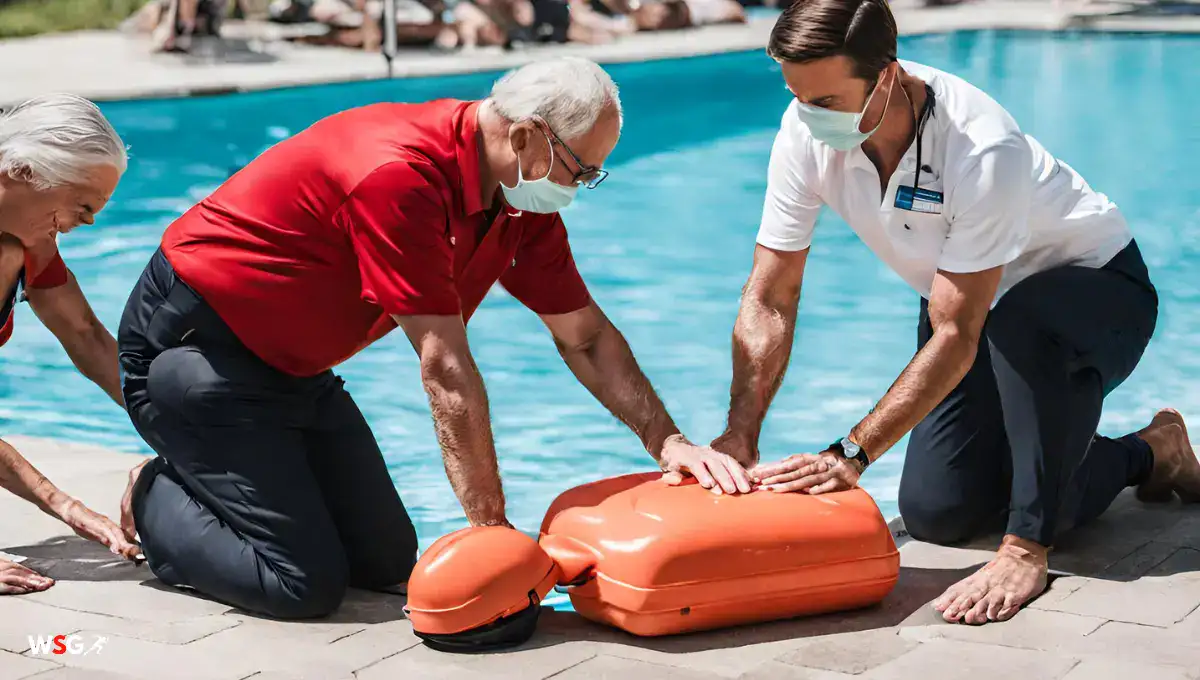
While we hope your family follows these guidelines to stay safe in the water, accidents can still happen. Bystanders are often the first to respond and help in case of a drowning or pool accident.
As a parent watching over your children, it’s crucial to know CPR for both kids and adults. Knowing how to perform CPR can make a significant difference in life-or-death situations.
You can get and renew your CPR certification through the American Red Cross, your local hospital, or other community organizations.
11. Get an expert to train you
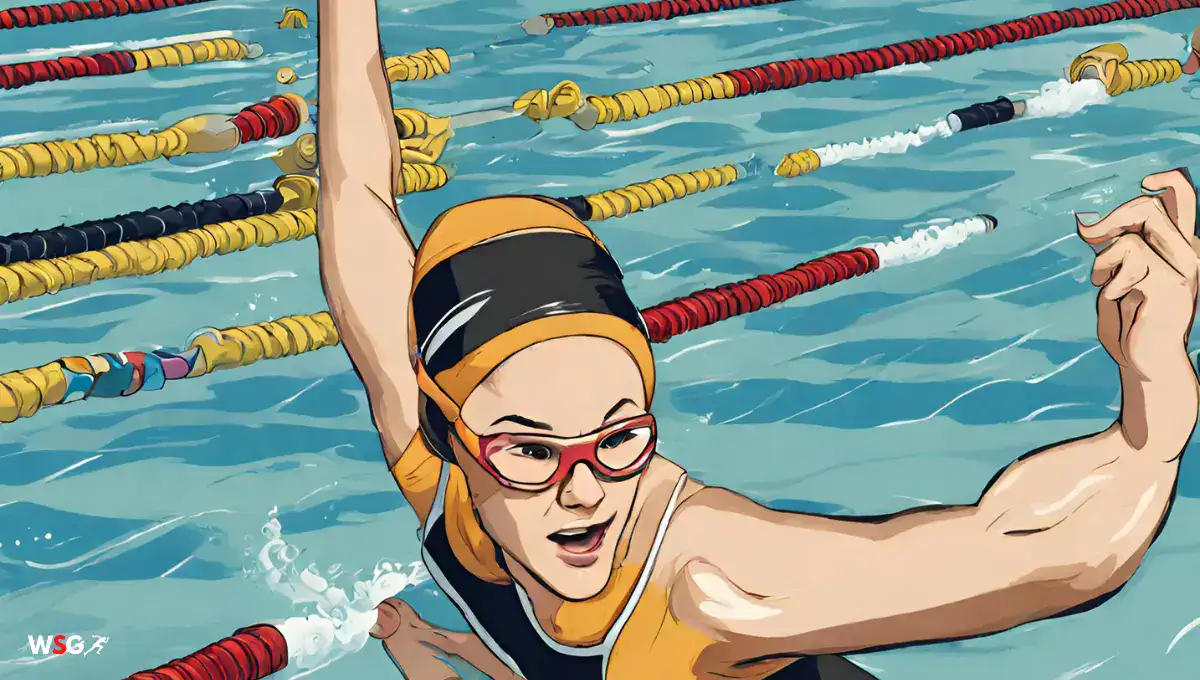
According to Okome, many people claim to be good swimmers in their minds. However, it’s essential to be honest with yourself and act based on your true abilities. If you’re not confident in your swimming skills, don’t try to swim.
Water assumes that anyone entering it is a skilled swimmer. So, if you know you can’t swim, it’s best not to attempt it. Okome advises everyone to learn how to swim because it’s a valuable life skill.
He also emphasizes that kids’ adventurous swimming in rivers, lakes, seas, and other bodies of water may not provide them with the necessary skills to avoid drowning.
🙋🏻♀️ FAQs For Swimming Pool Safety Tips for Families
There are a lot of questions that come to mind while choosing swimming pool safety, some of the commonly asked questions are answered below.
Q. What is the danger of a swimming pool?
A. Swimming pools pose drowning risks, making water safety measures crucial for a secure environment.
Q. What are the 4 major risks in swimming?
A. The main swimming risks include drowning, injury from slips or falls, overexertion, and waterborne illnesses.
Q. What is the golden rule in swimming?
A. The golden rule in swimming is constant supervision, ensuring a watchful eye on swimmers at all times.
Q. Why are rules important in the pool?
A. Pool rules are vital to prevent accidents, promote order, and ensure a safe and enjoyable swimming experience.
Q. How do I keep my kids safe around the pool?
A. Ensure your kids’ safety by teaching them to swim, setting clear pool rules, and maintaining constant adult supervision.
Q. What are the rules of water safety around swimming pools?
A. Water safety rules include no running, proper use of floatation devices, and maintaining a secure pool perimeter with fencing and gates.
😇 Conclusion
Parents often neglect to teach their children water safety rules, leading to their children following without understanding. It’s crucial to explain the importance of wearing life vests, staying out of deep or muddy water, and being open and honest with them. Teaching children to look both ways before crossing the street is essential.
🗨️ Share Your Thoughts About Family-Friendly Swimming Pool Safety Advice With Us In The Comments Below.
Also, don’t forget to check other articles on World Sports Gear. Enhance your knowledge about swimming and other related sports.
🏊 11 Most Common Swimming Mistakes and How to Fix Them: A Dive into Improvement
Why Swim In Cold Water? 💡 8 Best Tips for Swimming in Cold Water: A Comprehensive Guide

